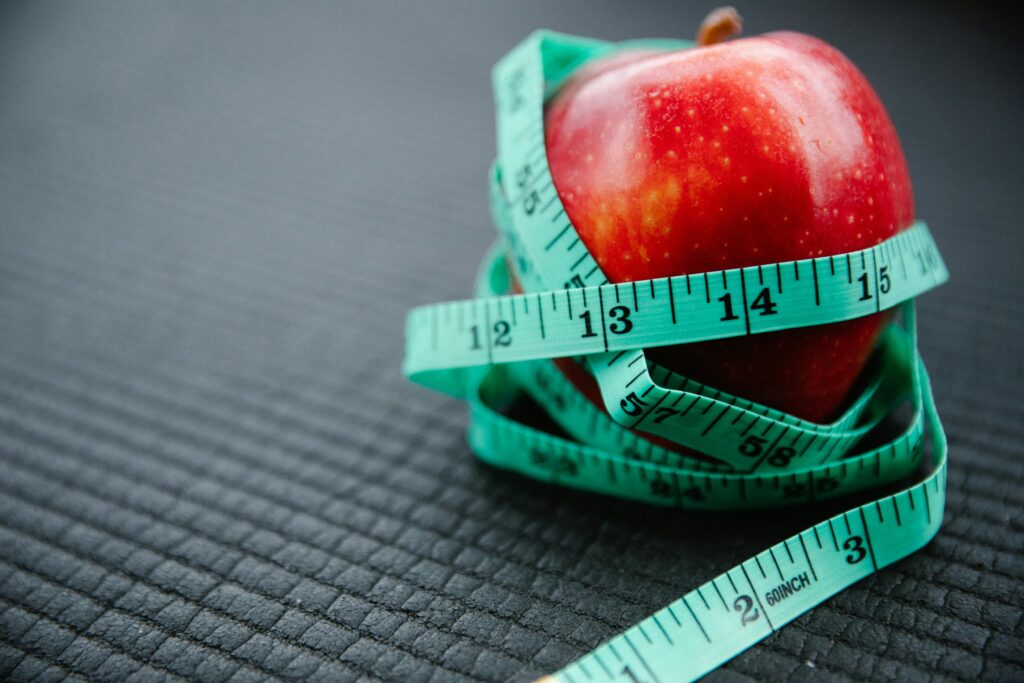Why Nutrition During Exercise Is Important
Let’s be honest: exercising on an empty stomach is like getting into a car and driving around with a light tank. Whether you’re a gym rat or an occasional jogger, what you consume before and after your workout can or will ruin your fitness efforts.
Energy Levels and Performance
Food is energy. An optimal pre-workout meal can increase your stamina, power, and concentration. Without it, you might be left with slowness, lightheadedness, or worse, a crash in the middle of your session.
Recovery and Muscle Growth
Once the grind is done, your muscles are sponges—furnished to absorb nutrients. This is where proper nutrition comes into play. It is repair mode—what you consume now sets the stage for recovery and growth.
Understanding Macronutrients
Before diving into the best foods, let’s break down the three main players.
Carbohydrates – Your Fuel
Carbs are your body’s go-to energy source during exercise. They’re the firewood for your engine, especially for high-intensity workouts.
Proteins – The Builders
Protein helps repair and build muscle tissue. Post-workout, it’s non-negotiable. Think of it as the bricks to rebuild your body stronger.
Fats – The Supporters
Fats are a source of long-lasting energy, particularly for low-intensity activities. However, excessive fat intake before exercise will delay digestion.
Timing Your Meals
Eating time is as vital as eating what you should.
Pre-Workout Meal Timing
Have a balanced meal 2-3 hours prior to exercising. Running short on time? Then have a light snack 30–60 minutes prior.
Post-Workout Meal Timing
Eat within 30–60 minutes after exercise. This is your recovery golden hour.
What to Eat Before a Workout
Let’s break it down based on your activity level.
Light Workouts (Yoga, Walking)
You don’t need a heavy meal. A small snack with light carbs will do.
Ideal Snack Combos
- Banana with a spoon of peanut butter
- Whole grain toast with honey
- Greek yogurt and berries

Moderate to Intense Workouts
You’ll need more fuel here—a mix of complex carbs and protein.
Best Pre-Workout Foods
- Oatmeal with banana and a scoop of protein powder
- Chicken wrap using whole grain tortilla
- Brown rice with steamed vegetables and tofu
Early Morning Workouts
Wake up and head to the gym? You require fast-digesting carbs.
Quick Fuel Ideas
- A banana or apple
- A slice of whole wheat bread
- A small protein shake
What Not to Eat Before a Workout
Some foods just don’t digest well when you’re pushing it.
- High-Fat Meals
Foods such as burgers or creamy pasta slow down digestion and make you sluggish. - Sugary Snacks and Caffeine Overload
Candy bars jack up your blood sugar—then crash.
And too much caffeine? Hi, jitters and nausea.

What to Eat After a Workout
Recovery food. Post-workout nutrition is all about recovery and repair.
Why Post-Workout Nutrition Is Important
Your muscles are drained. Your glycogen levels are low. This is your body screaming for recovery food.
Top Recovery Meals
Mix protein and carbs. That’s the magic combination.
Protein-Carb Pairings
- Grilled chicken and sweet potato
- Salmon with quinoa and broccoli
- Protein shake with banana and almond milk
Hydration is Key
Don’t forget about water—or better still, coconut water. Rehydrate and enable your body to flush out toxins.
Sample Pre and Post-Workout Meals
Depending on your fitness goals, your meal plan will slightly vary.
For Weight Loss
- Pre: Apple with almonds
- Post: Grilled vegetables with lentils
For Muscle Gain
- Pre: Chicken sandwich on whole wheat bread
- Post: Brown rice with lean beef and avocado
For General Fitness
- Pre: Oatmeal with banana slices
- Post: Greek yogurt with granola and honey

Supplements – Yes or No?
Supplements can be useful, but they aren’t a requirement.
Pre-Workout Supplements
Caffeine, beta-alanine, or creatine can improve performance—but talk to a pro first.
Post-Workout Protein Powders
An easy way to get protein quickly, especially when you’re on the run. Just be sure it’s quality.
Common Myths About Workout Nutrition
Let’s bust a few common myths.
- Myth: You Must Eat Immediately After
Truth: Sooner is better, but your body won’t self-destruct if you eat a little later. You’ve got a window. - Myth: More Protein = More Muscle
There’s a cap on how much your body can utilize at one time. Extra doesn’t equal extra gain—it usually equals extra fat.
Tips to Stay Consistent with Nutrition
- Prep meals in advance
- Have snacks in your gym bag
- Set reminders to eat
- Don’t overcomplicate it—simplicity prevails
- Listen to your body
Conclusion
Workout nutrition isn’t rocket science but does require some attention. Whether you want to lose fat, gain muscle, or just feel good, eating the correct foods before and after your workouts can have a huge impact on your results. Look at your body as a high-performance machine—fuel it correctly, and it’ll carry you a long way. Keep it in balance, keep it simple, and above all—keep it consistent.
FAQs
- What is the ideal food to eat 30 minutes before I go for a workout?
A banana, a mini fruit smoothie, or peanut butter on toast are good quick fixes. - Can I exercise on an empty stomach?
Depends on your body and type of workout. For easy cardio, fine. For weight training? Have a light snack. - How long do I have to wait before I eat after exercising?
Ideally within 30–60 minutes to optimize recovery and muscle building. - Do I need to take supplements if I’m eating well?
Nope. Whole foods will provide you with all that you require. Supplements are simply convenience. - Can I consume carbs after a workout if I am on a weight loss diet?
Yes! Post-workout is actually the optimal time to consume carbs—they aid recovery without depositing fat.

